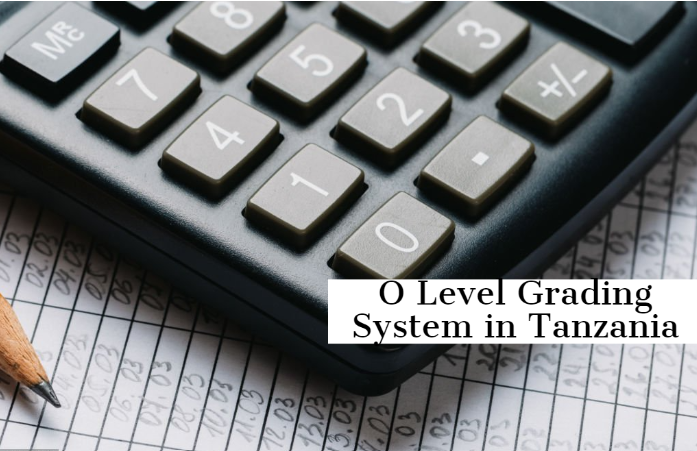
In Tanzania, the O-Level grading system is a critical component of the educational landscape, evaluating students’ academic performance and determining their eligibility for further education or employment. In 2024, the O-Level grading system is set to undergo significant changes, impacting students, teachers, and policymakers.
The new grading system aims to enhance academic performance by providing a more detailed evaluation of students’ abilities. It will assign grades based on performance and offer a detailed report of academic strengths and weaknesses. Additionally, the system will offer vocational and technical education opportunities for students who may not excel in traditional academic subjects, broadening their future career and employment options.
O-Level Grading System in Tanzania
Grading Scale
The O-Level grading system in Tanzania employs a 5-point scale, ranging from Division I to Division V, with Division I being the highest and Division V the lowest. Below is the grading scale with the corresponding percentage range:
| Grade | Description | Percentage Range |
|---|---|---|
| I | Excellent | 81-100% |
| II | Very Good | 61-80% |
| III | Good | 41-60% |
| IV | Satisfactory | 21-40% |
| V | Fail | 0-20% |
Calculating Form Four Division
The Form Four Division is calculated by summing the total marks obtained in all subjects and dividing by the total number of subjects. The result determines the Division obtained by the student:
Assessment Criteria
The O-Level grading system in Tanzania assesses students based on their performance in the final exams set by the National Examinations Council of Tanzania (NECTA), taken at the end of Form Four. The exams include both written and practical components, and students must pass all subjects to obtain the Certificate of Secondary Education (CSE), which is a prerequisite for A-Level programs.
In addition to final exams, students are assessed on coursework throughout the year, including assignments, projects, and practical work, contributing to the final grade for each subject. This comprehensive assessment ensures a fair and objective evaluation of students’ academic performance.
Role of the National Examinations Council of Tanzania (NECTA)
NECTA administers all national examinations in Tanzania, including Form Four exams. It is responsible for setting examination papers, marking scripts, and releasing results. NECTA ensures consistency in grading through a process of standardization, adjusting marks based on the overall performance of students in the same examination, and ensuring fairness across regions and schools.
Impact on Student Progression
Transition to Advanced Level
The 2024 O-Level grading system significantly impacts student progression to advanced-level studies. High O-Level grades qualify students for A-level education, while the detailed performance report helps identify areas for improvement, guiding students in their future academic pursuits.
Eligibility for Further Education and Employment
The O-level grading system plays a crucial role in determining eligibility for further education and employment. High grades improve the chances of admission to top universities or securing reputable employment. The system also fosters a strong work ethic and competitive spirit among students, contributing to their academic and professional success.
Final Thoughts
The 2024 O-Level grading system in Tanzania represents a significant improvement over the previous system. It provides a comprehensive evaluation of academic performance, ensuring fair assessment across all subjects. The transparent and easy-to-understand grading scale helps students, parents, and teachers better comprehend academic performance.
The new system encourages students to strive for better grades, improving their overall academic performance. By setting clear expectations, the grading system helps students set and achieve their academic goals. Overall, the 2024 O-Level grading system is a positive step towards enhancing the quality of education and improving prospects for students in Tanzania.
Also Read

